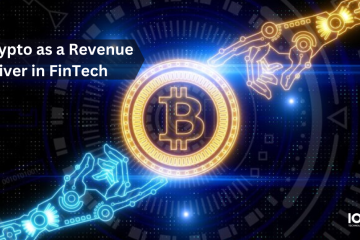 Users have to enter their data and register on several platforms and websites online, it becomes a security issue to accurately remember and store all the different passwords for each system. It is difficult for people to remember to update all of their credentials across all platforms and update each of their digital identities accurately in a timely manner.
Users have to enter their data and register on several platforms and websites online, it becomes a security issue to accurately remember and store all the different passwords for each system. It is difficult for people to remember to update all of their credentials across all platforms and update each of their digital identities accurately in a timely manner.
The governments of Estonia and India have experimented with centralized digital IDs. The individual’s ID is used to vote, file taxes, withdraw cash from banks and ATMs, register property and comply with any other government reporting requirements. Because digital IDs are issued by governments, the information collected is centralized. Centralizing any data creates a single point of failure. Extremely strict controls and protocols need to be in place to keep this data secure.
Blockchain technology stores data in a decentralized, trusted and immutable manner. Blockchains can ensure that a single digital identity of a user is stored in a secure and incorruptible manner. The single digital identity would capture the most up to date state of the user’s identity.
Several companies are rushing to develop blockchain powered solutions for digital identity management and authentication. Some of the current projects that are working to dominate the digital identity space are Civic, BlockAuth, Bitnation, Existence ID and Cambridge Blockchain LLC. IBM & SecureKey Technologies have also announced that they are launching a blockchain based digital identity network for consumers.

Adoption of a digital identity blockchain is of critical importance. In practical terms, a digital identity blockchain solution will not be valuable to the connected enterprise and institutions unless consumers opt in. A lot of the companies and enterprise users who will be using digital identities are highly regulated, such as banks, credit card companies and online retailers. Data privacy mechanisms, distribution of nodes and the development team behind digital identity blockchains will matter for the success of the project.
In the future, each of us will have digital representation in the form of an up to date digital clone, and it will be possible for us to control what data we share and with whom. Encrypted data secured by the blockchain will ensure that we are immune from identity theft. The user will be empowered with the ability to control the data associated with their single digital identity.
Blockchain technology is reinventing processes and creating new efficiencies in digital identity and many other fields. Follow us to learn more about how blockchain technology is changing the world.


